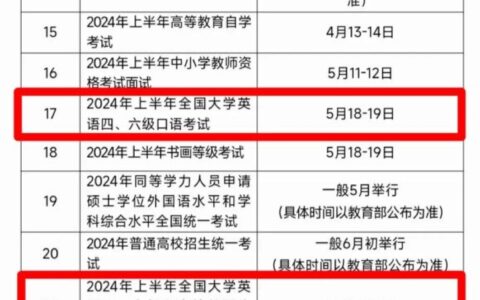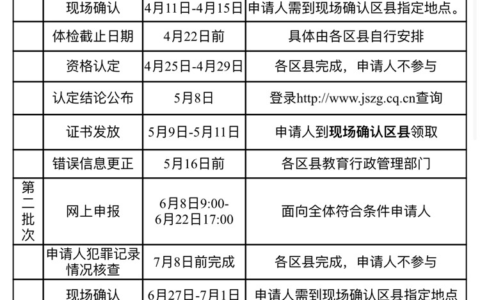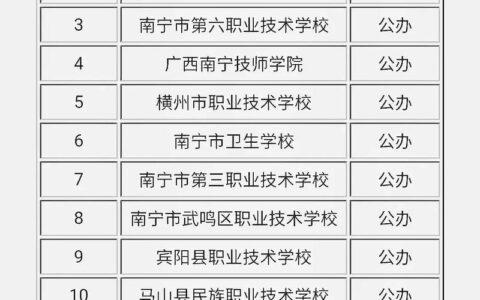“Decide to do” 和 “doing” 在英语中是两种不同的表达形式,它们在语法和语境中有着不同的用法和含义:
1. Decide to do:
– 这个短语表示某人做出了一个决定去做某事。
– 它强调的是决策的过程,即在行动之前做出的选择。
– 例如:”I decided to go for a walk after dinner.”(晚饭后我决定去散步。)
2. Doing:
– 这个短语是现在分词形式,用来表示正在进行的动作或行为。
– 它可以用作名词(动名词),也可以作为形容词修饰名词,或者构成进行时态的一部分。
– 例如:
– 作为名词:”Reading is my favorite hobby.”(阅读是我最喜欢的爱好。)
– 作为形容词:”The running water is cold.”(流动的水是冷的。)
– 构成进行时态:”She is reading a book.”(她正在读书。)
总结来说,”decide to do” 强调的是做出决定的动作,而 “doing” 强调的是正在进行的动作或行为。在使用时,需要句子的上下文来选择合适的表达方式。

decide加do还是doing
在英语语法中,”decide” 后面应该接 “to do” 还是 “doing” 取决于你想要表达的意思。
1. Decide to do something: 这个结构通常用来表达决定要做某事,强调做出决定的动作。例如:
– I decided to apply for the job.(我决定申请这份工作。)
2. Decide doing something: 这个结构在英语中并不常用,但有时可以在口语中听到,特别是在表达决定立即开始做某事时。例如:
– I decided doing the laundry right away.(我决定立刻洗衣服。)
不过,第二种用法并不是标准的英语表达,更常见的是 “decide to do”。如果你需要更正式或更准确的表达,最好使用 “decide to do”。
decide的固定搭配
“Decide” 是一个常用的动词,表示做出决定或选择。以下是一些常见的固定搭配:
1. Decide on something – 对某事做出决定。
– *例句:We need to decide on a date for the meeting.*
2. Decide against something – 决定不选择某事。
– *例句:He decided against buying the house.*
3. Decide in favor of something – 决定支持某事。
– *例句:The jury decided in favor of the defendant.*
4. Decide to do something – 决定做某事。
– *例句:She decided to go to college.*
5. Decide between A and B – 在A和B之间做出决定。
– *例句:I can’t decide between the two dresses.*
6. Decide upon something – 对某事做出决定。
– *例句:They decided upon a new marketing strategy.*
7. Decide for someone – 为某人做决定。
– *例句:Her parents decided for her to go to a private school.*
8. Decide without hesitation – 毫不犹豫地做出决定。
– *例句:He decided without hesitation to join the army.*
9. Decide for the best – 做出最佳选择。
– *例句:We must decide for the best interests of the company.*
10. Decide against one’s better judgment – 违背自己的最佳判断做出决定。
– *例句:He decided against his better judgment to invest in the stock.*
这些搭配可以帮助你更自然地使用英语表达决定的过程。
本图文由作者自发贡献,该文观点仅代表作者观点。本站仅提供存储服务,不拥有所有权,不承担法律责任。如发现本站有涉嫌侵权/违规的内容,请联系删除。







